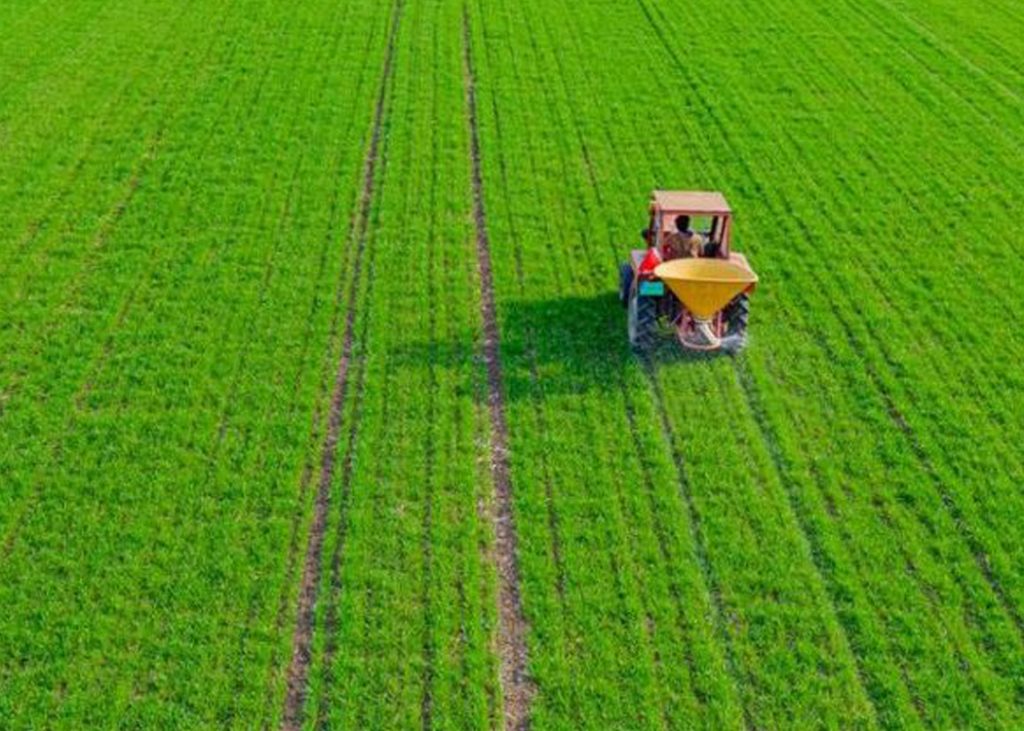
AVN Report
KARACHI: As many as 12 new crop varieties developed by the Sinsdh’s leading agricultural scientists to enhance productivity have been approved by the provincial government.
The decision was announced during the 36th Sindh Seed Council meeting, presided over by Agriculture Minister Sardar Muhammad Bux Khan Mahar.
The approved varieties include advanced versions of cotton, wheat, mustard, and ber. Among the notable new varieties are CRS 644, CRS 674, CRS 682, BT 2021, and Mian Resham non-BT cotton.
Moreover, wheat varieties IV-3, Urooj 22, Akbar 19, and Subhani 21, as well as the mustard variety Kizola and the ber variety Lemai Golo, were also sanctioned.
Farmers voiced concerns regarding substantial financial losses due to substandard rice seeds originating from Punjab, severely impacting Sindh’s agriculture.
Minister Mahar has called for an immediate inquiry into the matter.
While acknowledging progress in the agricultural sector, Mahar stressed the need for continuous improvement.
He announced that future approvals of crop varieties will involve comprehensive consultations with farmers and unveiled plans for a forthcoming Seed Act to tackle counterfeit products and hold fraudulent companies accountable.
The minister also highlighted the growing challenges posed by climate change to agriculture, urging experts to intensify research efforts to adapt to evolving environmental conditions.
“It is essential to align agricultural practices with the realities of climate change to ensure the sector’s long-term sustainability,” he said.
Director General of Research, Mazhar Keerio, praised the newly approved varieties, describing them as significant scientific advancements. “These crops will not only boost Sindh’s agricultural output but also contribute to the province’s self-sufficiency,” Keerio remarked.
The meeting, attended by key officials including Agriculture Secretary Rafique Ahmed Buriro, the DG of Federal Seed Certification, and prominent farmer leaders, marks a crucial step in advancing Sindh’s agricultural development and making the farming sector more self-reliant.





